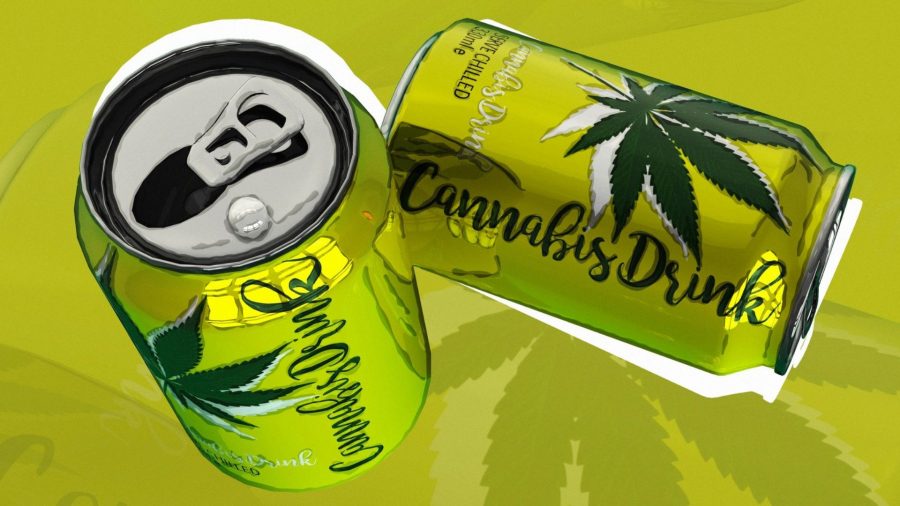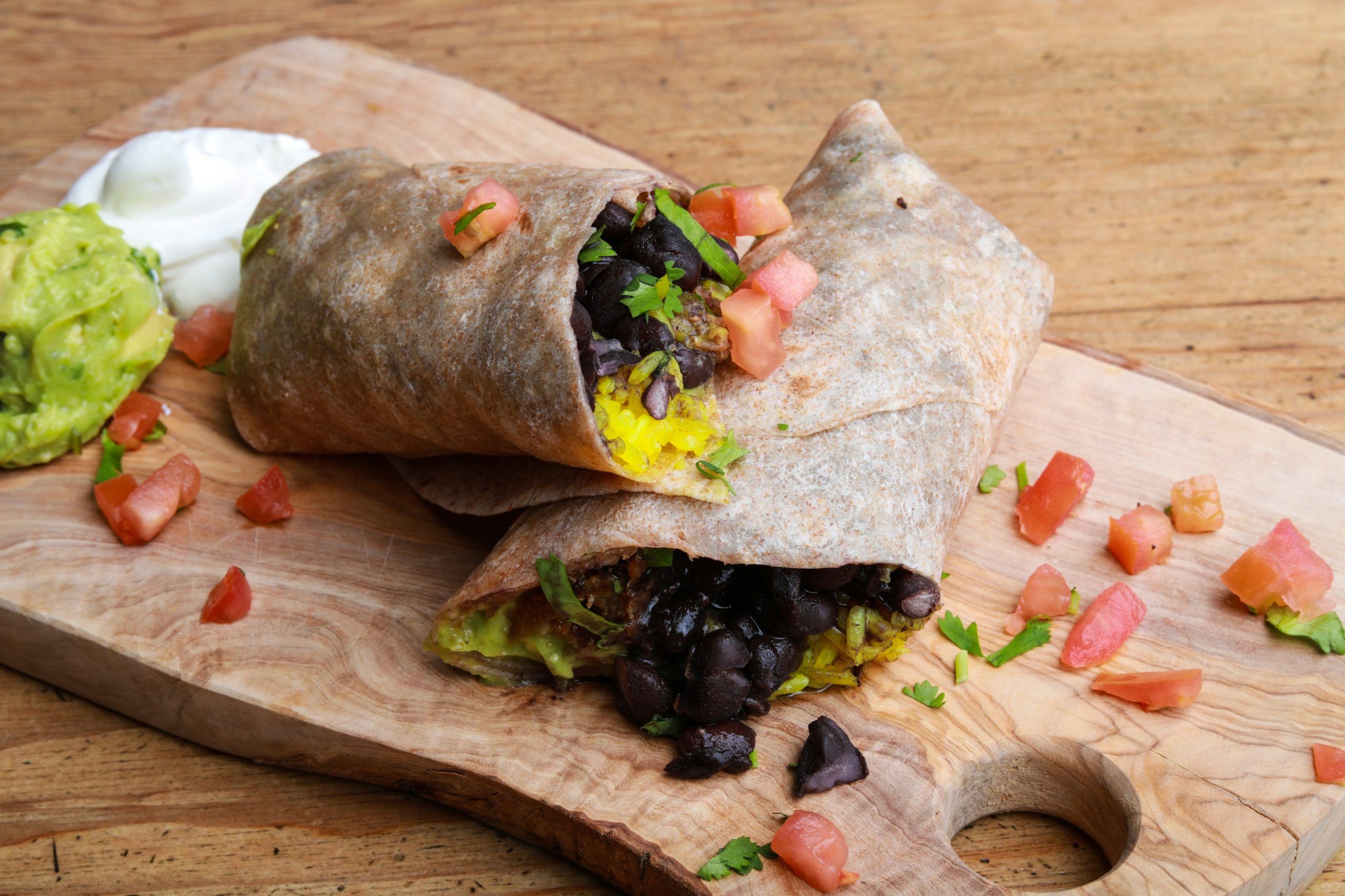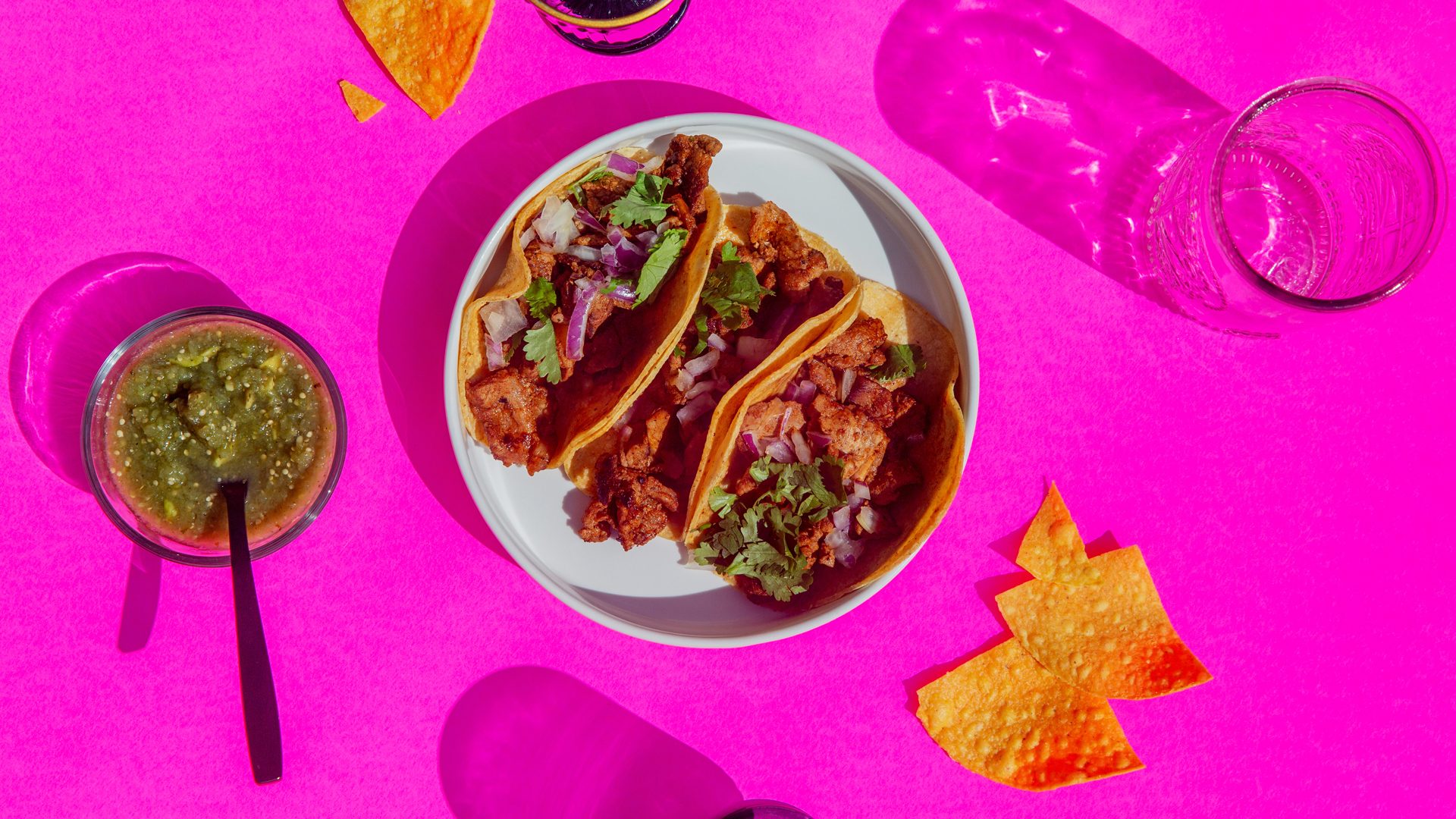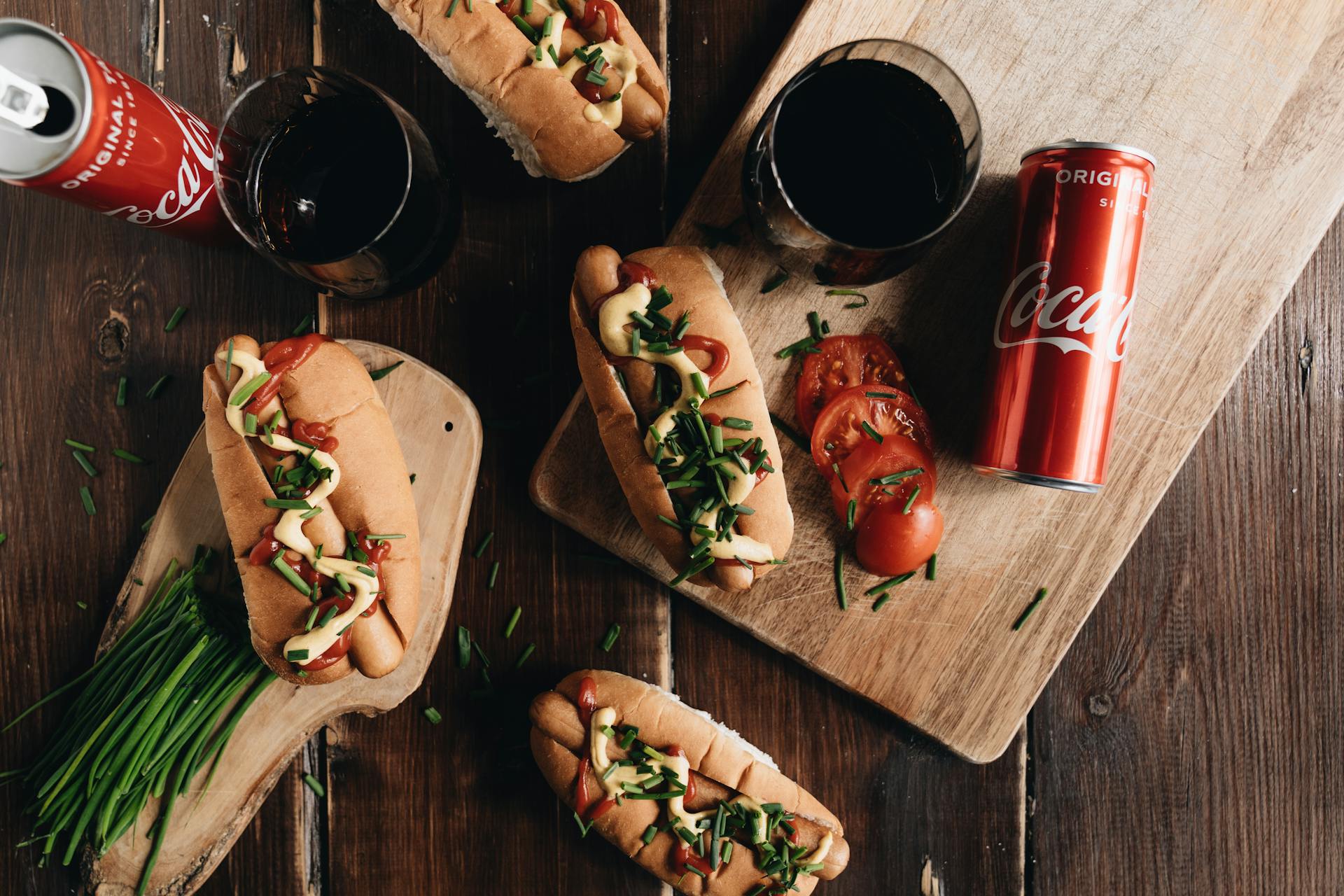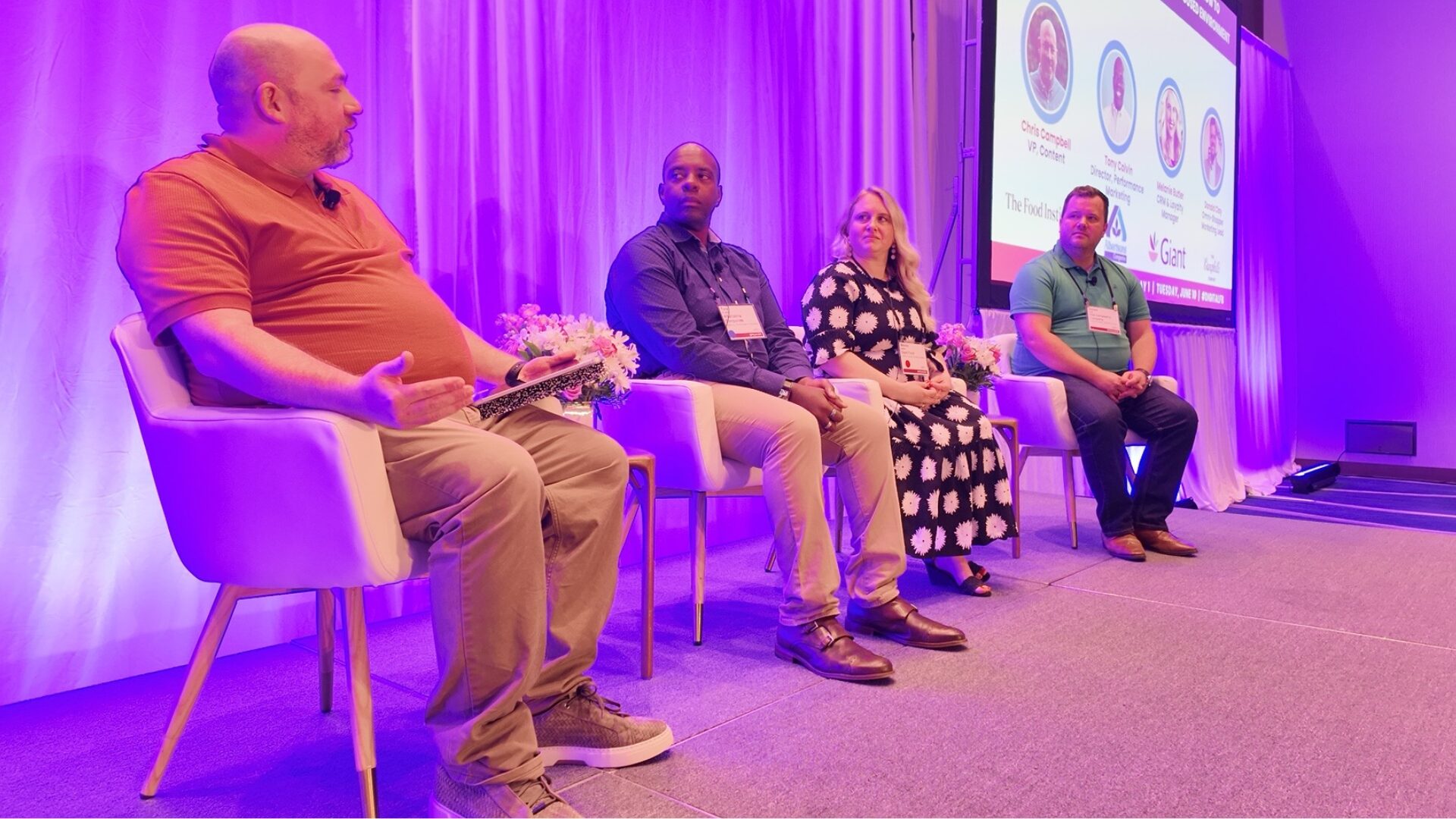A new survey signals that marijuana is competing with alcohol for Gen Z’s dollars.
Technomic’s recent Adult Beverage Planning Program report shows that, in states where recreational cannabis is legal, nearly two-thirds (65%) of Gen Z survey respondents smoke marijuana and 51% consume cannabis-infused beverages, reported Restaurant Business (Nov. 4).
“Cannabis, its history, and the social drivers behind legalization, all seem more connected to what Gen Z cares about. And we know consumers buy products aligned with their values,” said Tom Daly, a longtime marketing expert who has worked for the likes of Coca-Cola, in an email to The Food Institute.
Winston Peki, the editor of herbonaut.com, told TFI there are likely multiple reasons why Gen Zers are often opting for cannabis over alcohol. Peki, who has analyzed several cannabinoid-related scientific studies as part of his work, noted that vaping cannabis, for example, is cheaper than buying alcoholic drinks at bars, and marijuana doesn’t typically cause hangovers like beer, liquor or wine can.
The Technomic survey, meanwhile, highlighted Gen Zers’ (typically considered to be those aged 9 to 24 years) tendency to be homebodies, noting that, until the pandemic is completely over, nearly half would prefer to socialize at home.
Technomic surveyed 2,000 total adults aged 21-plus, half of them Gen Z and half Millennials (ages 25-40). Currently, 35 million Gen Zers are of legal drinking age and, within a decade, that number will increase to 85 million.
And, for that young cohort, cannabis appears to be almost as intriguing as alcohol. Most such marijuana consumption occurs at home, but 38% of Gen Zers said they would visit a marijuana lounge or club (where marijuana is legal) to enjoy cannabis products, Restaurant Business noted. Visiting a bar or restaurant for drinks narrowly edged out that number, at 41%.
Conversely, 65% of millennials said they’re more likely to patronize bars and restaurants, since those establishments are a key element of how they socialize.
Given those survey findings, Daly feels it’s “a no-brainer” that traditional alcohol companies will consider making cannabis-infused beverages.
“Whether it’s an extension of an existing brand or something totally new, the potential for cannabis as an ingredient to offer the intrinsic – and extrinsic – benefits consumers want is undeniable,” said Daly, currently the chief marketing officer at Everscore, a fledgling online marketplace for CBD and THC products. “I expect all these discussions are happening in hallways and boardrooms, if not labs and test kitchens, everywhere.”
Peki also expects some traditional alcohol companies to consider making cannabis-infused products, though he also noted that cannabinoids are not water-soluble, meaning they scarcely get absorbed by your body when put into a drink, which could limit the allure of such products.
“The cannabis trend will continue and, yes, it will eat up some of the profits of the alcohol industry,” Peki said. “Alcohol companies can … incorporate cannabinoids into their drinks. For example, they can make alcoholic drinks that also contain CBD (a non-psychoactive cannabinoid). Infusing drinks with psychoactive cannabinoids like THC would be more difficult, as that’s a cannabinoid that can lead to unexpected effects when combined with alcohol.”


